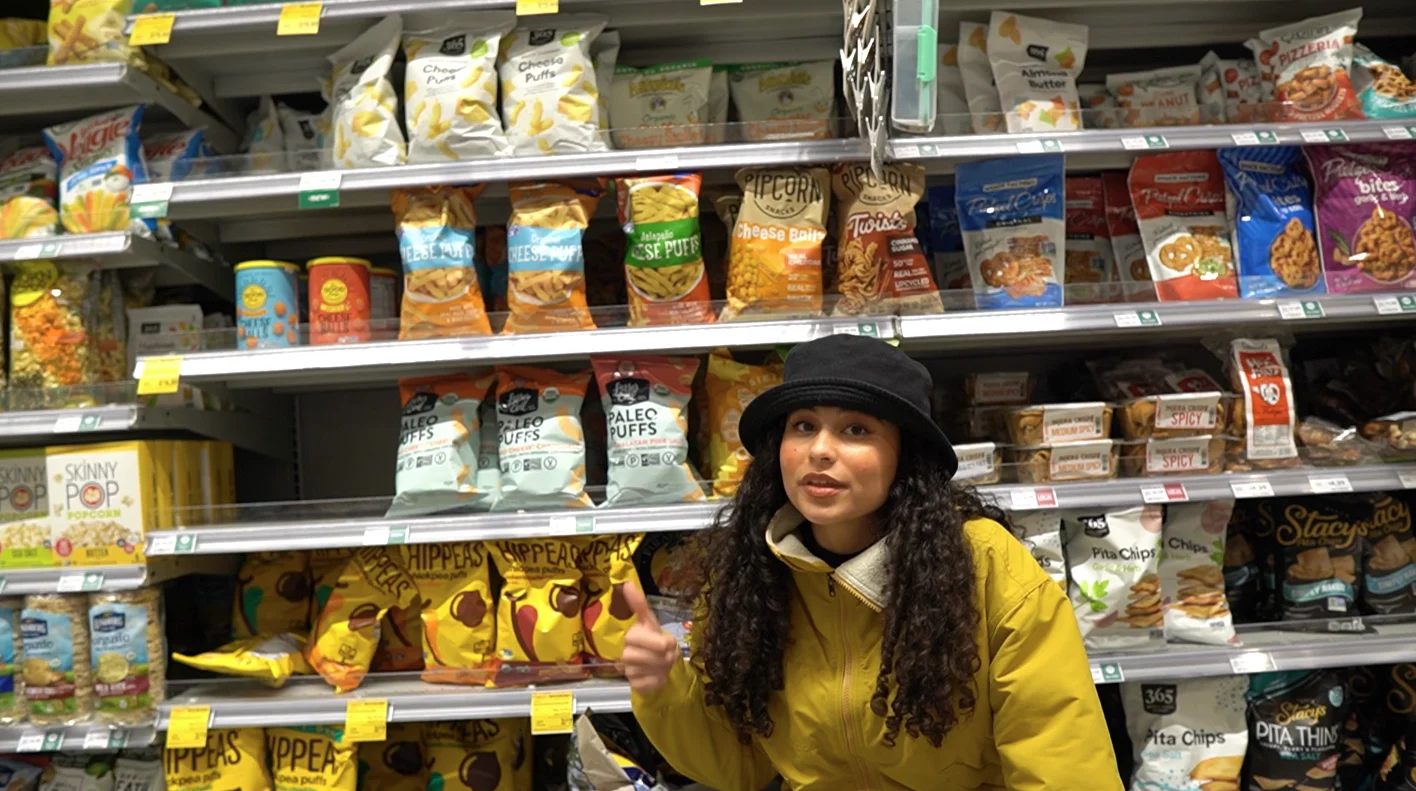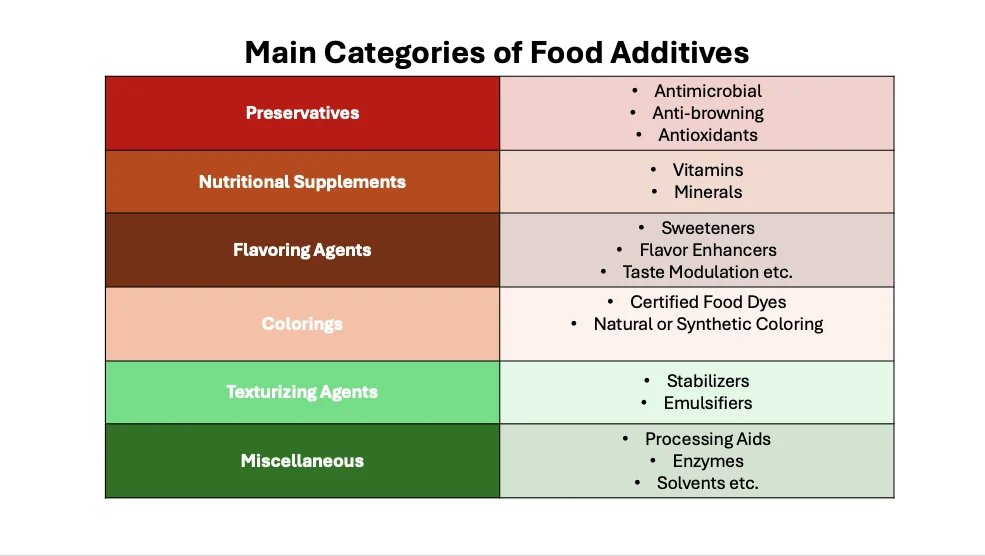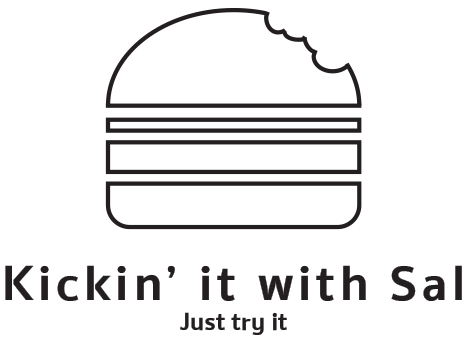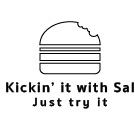In a world flooded with health advice and dietary trends, the demonization of food additives has become a common narrative. But what exactly are food additives, and why are they perceived with such suspicion?
Capitalizing on the Ban of Food Additives

Imagine a world without food additives. It’s a challenging task, considering how deeply ingrained they are in our food system. Yet, the concept of eliminating additives often surfaces in discussions about healthy eating.
Whole Foods, a prominent grocery chain, capitalizes this trend by championing natural and organic products and has its own system of standardized ingredients. Whole Foods mainstreamed natural and organic foods to come off as the better way to live and purchase your food, and that’s how they differentiated themselves on the market. Unfortunately, they are not the only grocers doing it these days either.
Whole Foods may boast about its ban on 250+ additives and ingredients, but the focus on “pronounceable” ingredients can lead to absurdity. The desire for simplicity risks overlooking the complexities of food production and its environmental implications.
Why Health Brands Demonize Food Additives
Many health-centric companies capitalize on the fear surrounding food additives to market their products as superior and worth premium prices. By demonizing additives, they position themselves as the antidote to processed foods, fostering a perception that health comes at a steep cost.
However, this demonization overlooks the crucial role additives play in food safety and preservation. Without them, we risk compromising shelf life and increasing the likelihood of foodborne illnesses.
I am not saying that clean brands are unsafe. All brands, both clean and those who do not use the term clean to describe their brand, have to prove they are safe to consume to the market through many food safety tests. But without the use of preservatives it could come at a cost to the environment and to many people’s wallets.
At the end of the day, regardless how clean these brands are, they are trying to sell you something by using fear based marketing.
Impact on the Environment
The surge in demand for natural foods poses environmental challenges, from ensuring we secure those crops every season to concerns in if there are crop failures. The reliance on specific ingredients, for example purposes, let’s say “rosemary extract” which can be used as a natural antioxidant in many packaged foods; highlights the fragility of our food supply chain. The question we must ask is do we have enough rosemary extract in world to ensure it’s in all our food? Probably not, and if something happens to the rosemary crop, we are screwed. And so is the brand that uses it. Moreover, the environmental consequences of catering solely to niche markets raise questions about sustainability and accessibility.
What Are Food Additives?
Food additives serve various functions, including enhancing flavor, color, and texture, as well as extending shelf life. Despite their importance, they’ve faced scrutiny, with allegations ranging from causing cancer to behavioral disorders. To grasp the controversy, we must understand how and why society demonizes certain additives and why they categorize it into natural vs artificial.
Natural vs. Synthetic Additives
Additives are often categorized as natural or synthetic, each evoking distinct perceptions. Natural additives, derived from plants, animals, or minerals. Synthetic additives are not extracts but are the result of a chemical or enzymatic reaction. They are either identical to a natural equivalent, or pure creations which do not exist in a natural state.
There are a few main categories of food additives:

We can have natural citric acid or synthetic citric acid. We can have a natural flavor or an artificial flavor all having the same chemical structures and taste. When your body digests an artificial flavor vs a natural flavor, your body cannot tell the difference. Moreover, misconceptions about the superiority of natural additives fail to acknowledge their limitations and environmental impact.
The Truth About Additives
Despite their vilification, many additives have been integral to human diets for centuries. Salt, sugar, and fat—all can be natural—have preserved foods and enhanced flavor throughout history. Yet, their excessive consumption underscores the importance of moderation. It’s the dose that makes the poison, not the ingredient itself.
In reality, additives, whether natural or synthetic, contribute to food safety and accessibility. They’ve revolutionized the way we eat, enabling a diverse array of flavors and extending the reach of perishable goods. Embracing this reality means recognizing the value of additives in our modern food system.
Food is a very personal subject and with perceptions often clouded by misinformation and fearmongering. Yet, if we begin to understand why they are used we can eliminate the fear out of them and understand their role in ensuring food safety, accessibility, and culinary innovation. Rather than demonizing additives, we should strive for a nuanced understanding that balances health, sustainability, and consumer choice.

